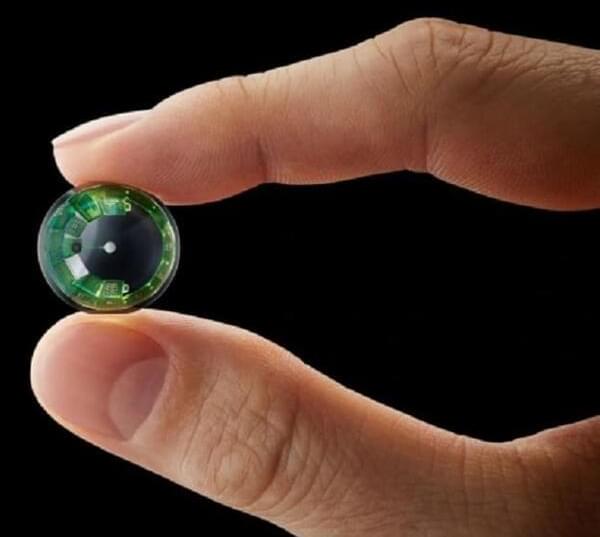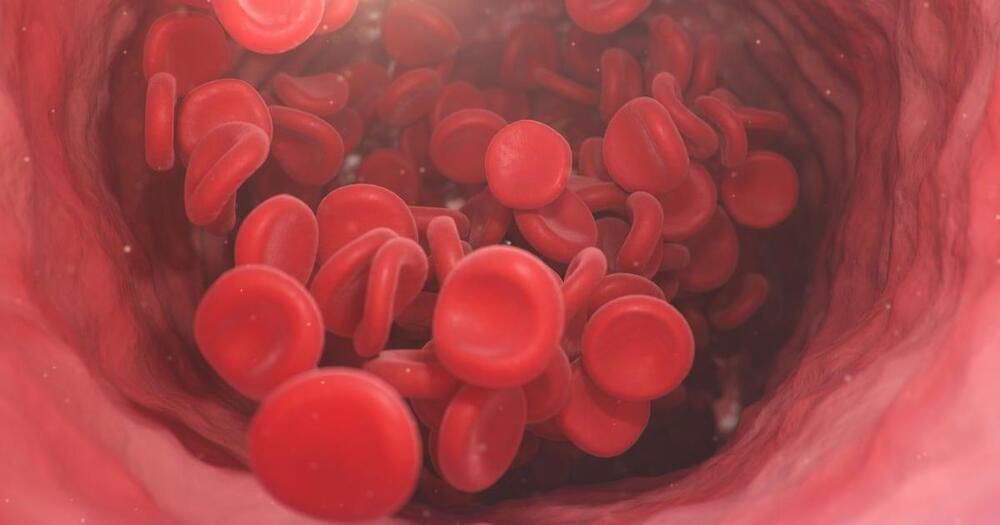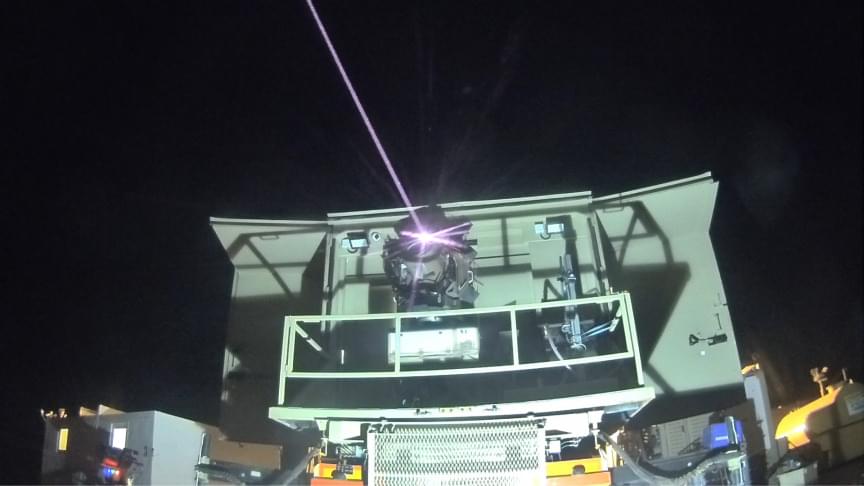The latest results from CERN’s Large Hadron Collider have established a lower mass limit for the elusive hypothesized particle.


For the first time, scientists have managed to capture the dual natures of light – particle and wave – in a single electron microscope image.
Until now, scientists could only capture an image of light as a particle or a wave, never both at the same time. However, a team from the École Polytechnique Fédérale de Lausanne in Switzerland has overcome the challenges that previous experiments faced by imaging light in this very strange state using electrons.
The key to their success.

Around the rim of the lens is an array of other electronics, including a custom-designed chip with a radio that streams content to the display and a variety of sensors, including an accelerometer, gyroscope, and magnetometer for tracking the user’s eye movements. This eye tracking capability not only ensures that AR imagery holds still as the user looks around, but also makes it possible to control the device through eye movements alone.
Despite their efforts to pack as much into the lens as possible, it won’t be a stand-alone piece of equipment. Most of the computing power required to run AR applications will be contained in a companion device worn around the neck, which will stream the content to the lens wirelessly.
The lens also hasn’t yet been cleared by the FDA for human use, so early demonstrations involve looking through a lens on a stick just in front of the eye. At present it is only capable of producing images in a green monochrome. But according to CNET , the device allows a user to select a variety of apps arranged in a ring around the periphery of their field of vision using nothing more than their gaze. These make it possible to do everything from checking flight information to using a compass to navigate and track fitness data like heart rate and lap number.

People with type O-blood are considered “universal donors” because their blood doesn’t have any antigens or proteins, meaning anybody’s body will be able to accept it in an emergency.
But why are there different blood types? Researchers don’t fully know, but factors such as where someone’s ancestors are from and past infections which spurred protective mutations in the blood may have contributed to the diversity, according to Dr. Douglas Guggenheim, a hematologist with Penn Medicine. People with type O blood may get sicker with cholera, for example, while people with type A or B blood may be more likely to experience blood clotting issues. While our blood can’t keep up with the different biological or viral threats going around in real time, it may reflect what’s happened in the past.
“In short, it’s almost like the body has evolved around its environment in order to protect it as best as possible,” Guggenheim says.





